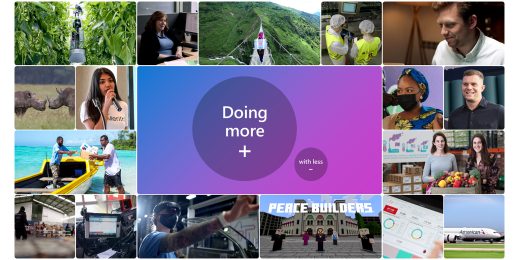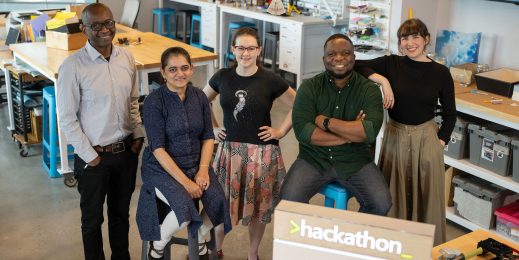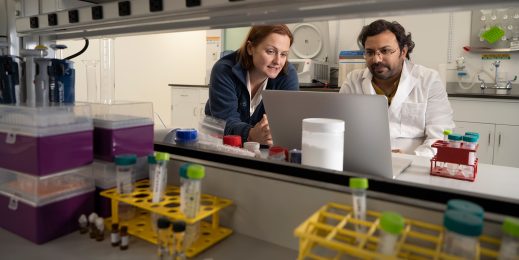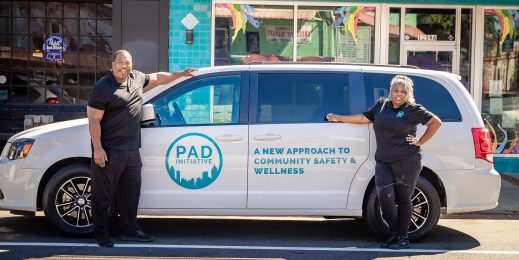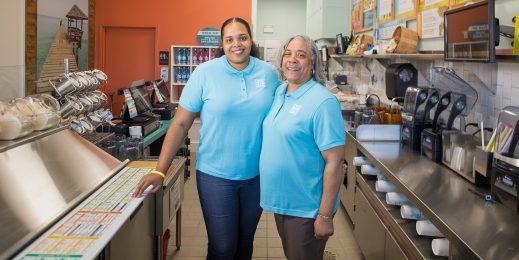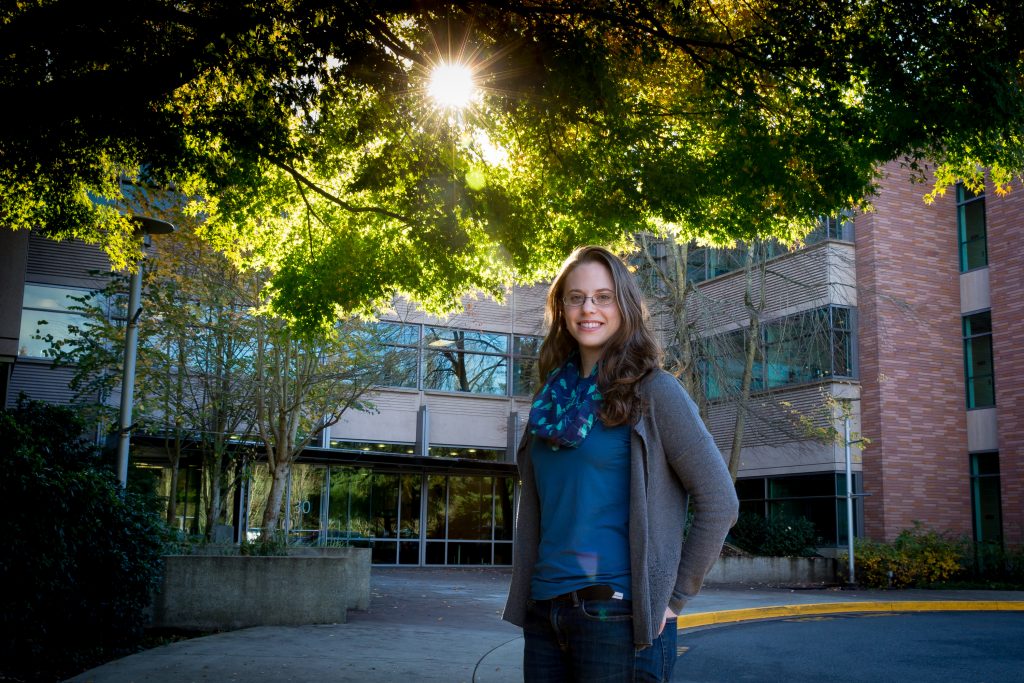
One veteran’s story: From Army medic to Microsoft coder
When Rachel Woolley shipped out to boot camp in 2008, she left behind all the comforts of civilian life in return for three hots and a cot, and all the training she needed to become an Army medic. On any given day, Army medics act as “a sort of EMT on steroids,” treating combat-related injuries on the fly, frequently by improvising with whatever was available, so both the training and the service were “pretty intense,” says Woolley, who spent most of her deployment in Iraq.
Fast-forward seven years to her first Veterans Day out of the service, and now this quick-witted problem solver sits comfortably in her office on Microsoft’s Redmond campus, thanks in part to the Microsoft Software & Systems Academy (MSSA), a unique program that taps active-duty service members for long-term careers in technology.
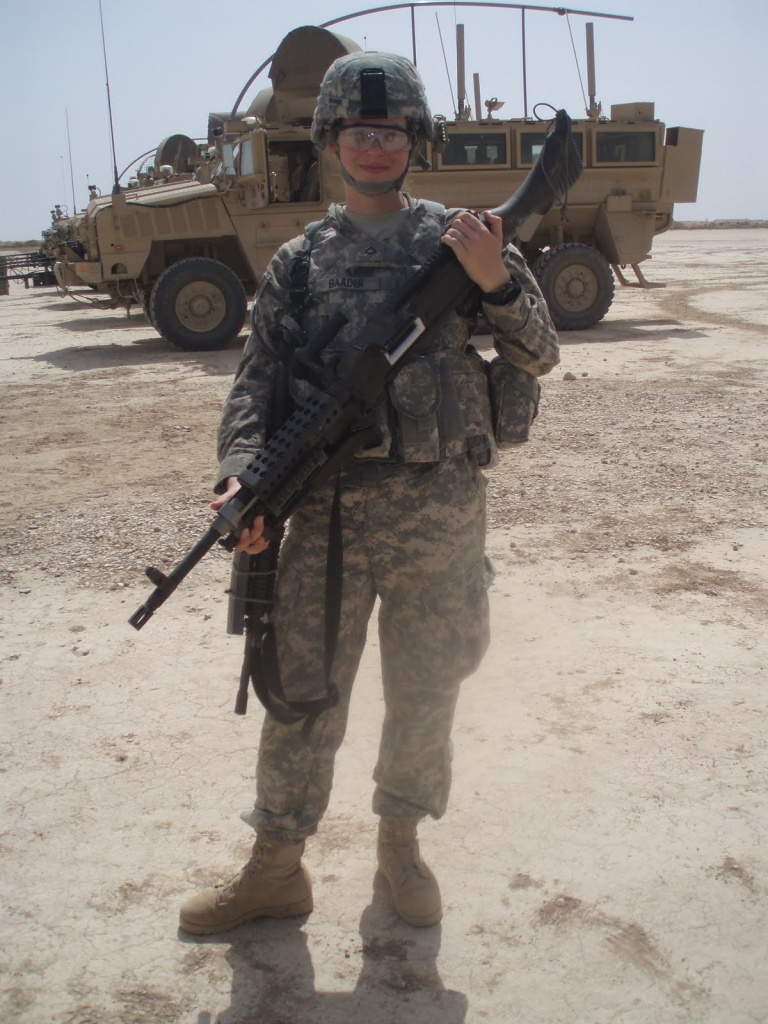
After a tour of duty as medic for convoy platoons in Baghdad, she completed her service at Madigan Army Medical Center located on Joint Base Lewis-McChord (JBLM) near Tacoma. In her final two years of service, Woolley took advantage of the Army Career and Alumni Program (ACAP), which helps soldiers identify a career and transition smoothly back into civilian life. During this time Woolley developed an interest in computer science, and her ACAP mentor told her about the MSSA.
Initially launched in 2013 on JBLM, the MSSA course offerings have since expanded to Fort Hood in Texas and Camp Pendleton in California, with plans for additional growth in the near future. Since more than 50 percent of today’s jobs require some technology skills, having on-base training like this is a critical resource as soldiers contemplate what’s ahead. Those who complete the course work can interview with Microsoft or MSSA partners such as Avanade, Cap Gemini and CSC, and if they don’t take that route, they can still earn 16 hours of credit honored at most four-year universities.
In Woolley’s case, the same analytical thinking and problem-solving skills that she developed as an Army medic could also serve her well as a software developer. Now she works as a service engineer on the SharePoint Online team.

Woolley’s transition back to civilian life was likely easier than most. Being at Madigan for the last four years of active duty gave her the chance to work in a facility that was staffed by many civilians and operated much like a civilian hospital. And everything she did to assess her transferrable skills and identify what she wanted to do went a long way toward ensuring a successful career transition.
But like any military mission, no amount of planning could prepare her for the fear of the unknown.
Says Woolley: “It’s a very vulnerable feeling leaving the military — leaving a guaranteed paycheck, and benefits, and everything that goes with it. Even with a plan, and backup plans, it’s a little scary not knowing whether you’ll transition well into something with a regular income and decent benefits.”
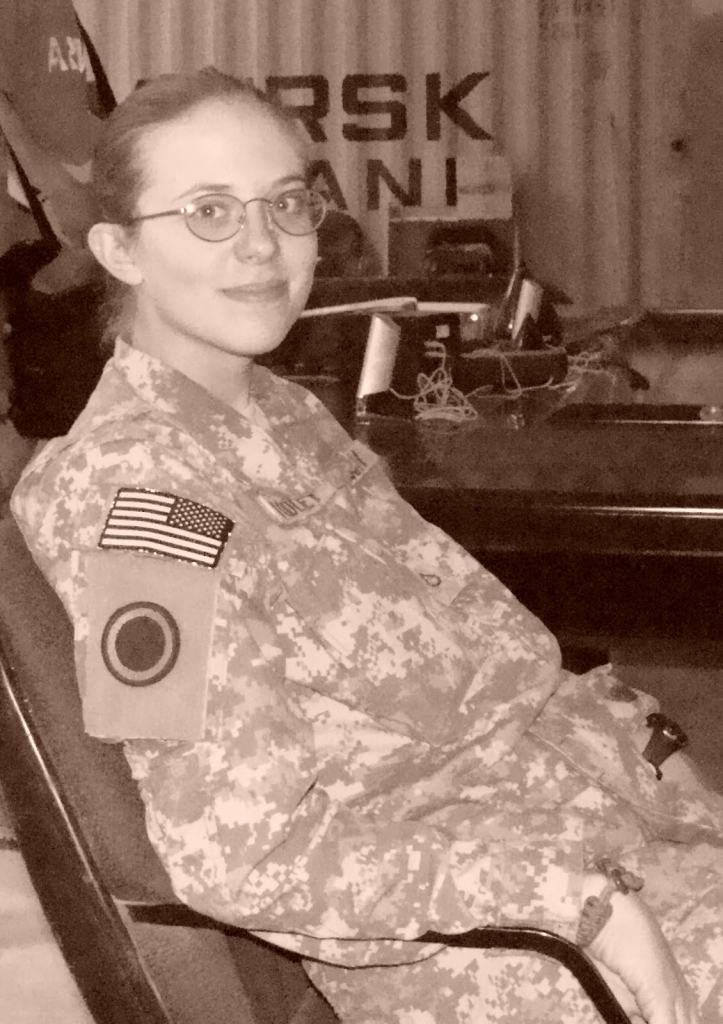
MSSA provided the cover she needed. Each MSSA course is a 16-week technical boot camp that teaches soldiers all about writing code in Basic, C#, JavaScript and HTML5. Students attend two or three classes a day. For Woolley it was a bit like drinking from the proverbial fire hose. While accustomed to the fast-pace of learning from her days in boot camp, the subject matter was so foreign that it left her in a perpetual state of catchup between classes.
This was especially the case with learning to code. “It was like trying to rewire my brain,” says Woolley. “When I went home at the end of the day I was done thinking.” Fortunately, MSSA teachers were there to provide the guidance Woolley needed to finish the program.
In her current role, Woolley and her team are responsible for procuring new capacity to meet customers’ needs as they move to a cloud computing environment. For Woolley, this means doing a little bit of everything, such as deploying SQL Servers and imaging them to writing code, which has since become one of the highlights of her job.
In reflecting on her careers in medicine and now in IT, Woolley is reminded of the role that soft skills play in both — things like the ability to work on a team, think critically and solve problems. The differences are much greater, of course, but MSSA has helped Woolley negotiate her latest transitions in life and opened her eyes to what lies ahead.
“One thing Microsoft is helping me do more of is asking more questions,” she says, “so right now I’m learning as much as possible to figure out where I want to go in the technology industry and to keep myself open to all the possibilities.”
Lead photo credit: Scott Eklund, Red Box Pictures.





